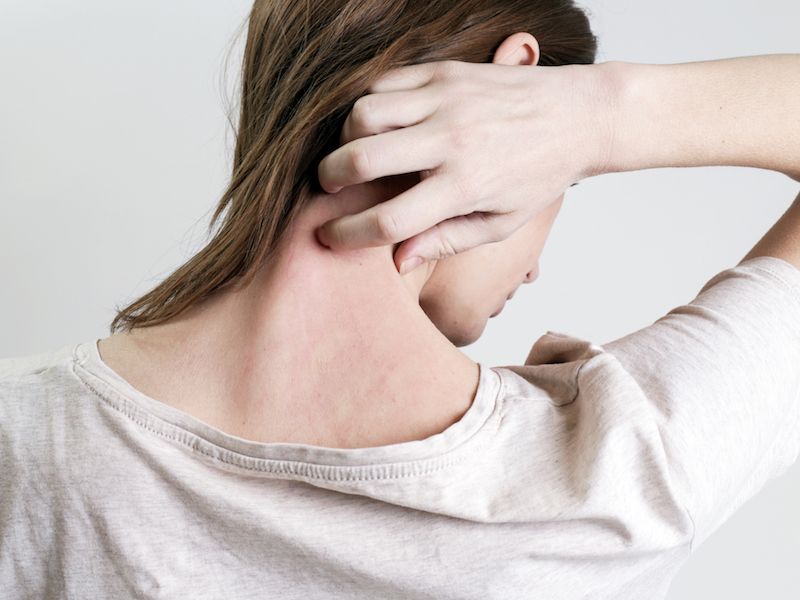
When you think about psoriasis, you probably think about all those commercials showing people with skin problems. Psoriasis goes beyond skin issues and actually affects your general health. Psoriasis is frequently misunderstood and minimized, due to a lack of knowledge of how psoriasis impacts sufferers as well as the serious conditions that can be related to this disorder. Psoriasis causes responses throughout the whole body even though skin plaques are the most recognizable symptom: Chronic inflammation that can increase the risk of metabolic problems and cardiovascular disease.
New research enhances the body of research linking another significant problem to psoriasis: Hearing loss. Published in The Journal of Rheumatology, The connection between hearing impairment, mental health, and psoriatic arthritis were evaluated in this research. Psoriatic arthritis is a form of psoriasis where inflammation is concentrated near the joints, causing inflammation, difficulty with movement, and soreness. The tell-tale plaques may not be experienced by people who suffer from psoriatic arthritis.
Like rheumatoid arthritis (and similar to psoriasis), psoriatic arthritis is an autoimmune disease, the sufferer’s body is essentially targeting its own healthy cells. But as opposed to rheumatoid arthritis, you could have psoriatic arthritis on only one knee because it’s asymmetrical, and it doesn’t only impact joints but contributes to painfully swollen fingers and toes while it targets sufferer’s nails and eyes.
Based on the findings of this recent study, hearing could also be impacted by psoriatic arthritis. A large control group of people with neither psoriasis or psoriatic arthritis were compared to people who had one or the other problem. They discovered that the group with psoriatic arthritis was more likely to have hearing impairment, and those reports were backed by audiometric testing. Even when controlling for other risk factors, people diagnosed with psoriatic arthritis were significantly more prone to have hearing loss than either {psoriasis sufferers or the control group}.
But that’s not to say there’s no connection between psoriasis, psoriatic arthritis and hearing loss. A 2015 study discovered that people who have been diagnosed with psoriasis are at a substantially higher risk of getting sudden sensorineural loss of hearing, also known as sudden deafness. The capacity to hear decreases considerably over three days or less with sudden sensoroneural hearing loss. It has numerous possible causes, but experts believe that sudden psoriasis flare-ups might be responsible. The hearing could be affected if this occurs near or in the cochlea. This type of hearing loss, in some situations, can be helped by treatments that relieve psoriasis., but hearing aids are often recommended when other interventions don’t seem to be helping.
It’s important to monitor your hearing if you suffer from psoriasis or psoriatic arthritis. Plan your yearly healthcare appointment along with regular hearing tests. Disease related to inflammation can lead to damage of the inner ear, which can lead to loss of balance and psoriatic arthritis. psoriatic arthritis and psoriasis are both also linked with depression and anxiety, both of which can be additionally aggravated by hearing loss. Loss of hearing is a condition you want to catch sooner rather than later because untreated hearing loss can lead to other health concerns including dementia.
With early treatment, you can stay in front of the symptoms by getting your hearing examined regularly and cooperating with your doctor, comprehension is key. You shouldn’t have to sacrifice your standard of living for psoriasis or for loss of hearing, and having the right team by your side can make a big difference.